These books focus more on STEM activities than just stories. I wanted to focus on STEM activities more than just information about inventors or events throughout history.
Since this site has a lot of helpful information about educational activities that I’ve done with my kids, I feel I have a good sense of what project will keep kids engaged.
I personally purchased each book I’m recommending for these reviews, and I give my thoughts about each of them in the overview of the book.
If you’d like a FREE STEM activities eBook that I made with my kids, you can download it here:
Table of Contents
Awesome Science Experiments for Kids
This is a big book of experiments and activities you can do at home with your kids. Every activity is clearly laid out, with a lot of pictures to help explain each step.
The book touches on each part of STEM or STEAM, (Science, Technology, Engineering, Arts, and Mathematics). It’s mostly focused on science, as the title indicates, but has a little bit of everything.
When I was looking at the Zip Line Challenge, I was a little confused about why the top of each page has a letter colored in. Then I noticed the letter was to indicate that the experiment was part of technology and engineering. It’s a nice touch that each experiment indicates what part of STEAM is involved.
Author: Crystal Chatterton
Why We Love It:
- Clear instructions. We never felt lost when setting up an experiment.
- I bought the eBook but the spiral-bound is nice.
- Most of these activities can be done with stuff around the house.
- For ages 4 to 14.
Check the availability of the spiral-bound and paperback here.
Kate the Chemist: The Big Book of Experiments
This book is going to be for older kids with adult supervision. Unlike the book above this review, you’re going to have to find some of the more uncommon items. I’m assuming most people don’t have iron oxide powder or dry ice laying around.
The chemistry experiments are clearly laid out for an adult or teenager. Even if you don’t decide on doing every activity in this book, you’re sure to find some interesting stuff your kids are going to want to learn about.
As for the presentation of the book, the photos all look very polished and professional. The pictures were all taken in a class chemistry laboratory or right outside the class at a school.
Kate includes questions for each session in a “what do you think?” area. This will bring up ideas of what will happen and why experiments play out the way they do. After each activity, she has a section on “how it works.” This is where she explains the reason the experiment reacted in the way it did.
Author: Kate Biberdorf. She has a line of books for kids you can find more information about here.
Why We Love It:
- More “hard-core” chemistry activities for older kids.
- Nice photos that are clear.
Check the current price of Kate the Chemist: The Big Book of Experiments here.
TheDadLab: 50 Awesome Science Projects for Parents and Kids
The Dad Lab does one of the better jobs of explaining why something is happening than the other books I read on this list. The author also includes a nice section of different variants to try with each activity.
I like this as it encourages kids to come up with some of their own ideas, and slight tweaks that can be fun. Looking through the book, most people should have the materials they need at home already.
The only downside I can find reviewing this book was the pictures. They are drawn, not that there is anything wrong with that. I think kids will find the book burning to look at.
Author: Sergei Urban. He has another book but apparently, it’s the same as this one but with different pictures. This is strange because they published within a few months of each other. You can see the two books here and decide which version you’d like.
Why We Love It:
- Great explanations of how and why the experiment works.
- Geared towards little kids with items you have at home.
Check out the current price of The Dad Lab here.
Micro:Bit For Mad Scientists: 30 Clever Coding And Electronics Projects For Kids
This book is going to be a little different from the others reviewed so far on this list. You’re going to need a micro:bit for all the activities in this book.
A micro:bit (mircobit.org) is a pocket-sized computer that introduces you to how software and hardware work together. It has an LED light display, buttons, sensors, and many input/output features that, when programmed, let it interact with you and your world.
If you’re not unfamiliar with it I wasn’t either, but it’s a lot like a Raspberry Pi, a small single-board computer.
The Micro:Bit for mad scientists book goes from beginning to end for kids that want to learn how computers interact with software. This book is for students with no prior knowledge of programming or electronics.
If this book sounds interesting, your kids will need a micro:bit, you can purchase one here along with a kit of small LEDs and a screen. This kit, along with the book is everything you’d need to get started.
Author: Simon Monk. He has written a ton of books about computer science, you can find them all here.
Why We Love It:
- Kids with no prior knowledge can learn how hardware and software speak to each other.
- Clear instructions throughout the book.
See the current price of Micro:Bit For Mad Scientists here.
If you want to get your kids interested in computer science, check out our article, What Is Computer Science For Kids? How to Get Kids Started Coding.
Science is Magic: Amaze your Friends with Spectacular Science Experiments
My kids enjoyed looking inside this book the most. It’s very colorful, laid out in a fun way every kid will love. Just looking through the pages every science activity or “magic trick” looks fun to do.
Some of the activities in this book are very quick with a little setup that will only take a minute or two. While others require special items you’ll need. Most of these won’t require adult supervision for kids over seven or eight years old.
I also liked that the book clearly explains why something works and adds real-world examples.
Author: Steve Mould. Steve has a lot of books at very reasonable prices. You can see all of them here on his bio page.
Why We Love It:
- Kids will enjoy looking through the book with all the great pictures.
- Quick and simple STEM activities.
Check to see if Science is Magic is still available here.
Awesome Engineering Activities for Kids: 50+ Exciting STEAM Projects to Design and Build
Awesome engineering activities with stuff you have at home already. This book is a lot like the one at the top of the page as it’s part of the Awesome STEAM Activities for Kids series. That’s an eight-part series of STEM books. You can find all their books here.
As the name implies, this book is more focused on engineering activities for kids instead of just hard science and chemistry. I like that at the beginning of the book it goes through the different kinds of engineers kids can be when they grow up. This started a discussion with my oldest son, as he thought there was only one kind of engineer.
Each project is divided into sections of what materials are needed, step-by-step instructions, and the why and how an activity works.
At the end of each project, there is a small discussion on what kind of engineering worker performs the project. Such as building a bridge would be a civil engineer’s job.
Author: Christina Schul
Why We Love It:
- Shows how long each project should take.
- Some interesting projects that I haven’t seen before.
You can find the current price of the book here.
Math Maker Lab: 27 Super Cool Projects
This book is all about STEM math activities. Every math project has instructions on how to make an arts and crafts hobby. Some of my favorites from the book are making an Abacus, optical illusions, and making tessellation patterns.
The photos and instructions are professionally done, and everything is easy to read and understand. The only downside I can find is that this math activities book is not for younger kids. I’d say the book is more for kids 10 and up.
If you have younger kids in your home, they will still enjoy the crafting parts, but you’ll have to walk them through every step. Even with going step-by-step with younger kids, they still might not understand why they are doing it. The math projects will be fun for them either way.
If your kids are struggling to get into math, this book is a great way of showing that math can be fun.
Author: DK Publishing
Why We Love It:
- Clear photos and step-by-step instructions.
- Creative ideas, most of them I haven’t seen before.
Check out the current price of Math Maker Lab here.
Real Chemistry Experiments: 40 Exciting STEAM Activities for Kids
Real Chemistry Experiments starts off with a great explanation of what chemistry is and how to use the book. In the section on “how to use the book,” they go over the level of difficulty for each science experiment.
There are forty chemistry experiments in this book and they are broken down into sections, experimenting with matter, gases, chemical reactions, and polymers. The last chapter is just wrapping it all up and how everything relates to each other.
Overall I found the book well put together, clearly written by someone with a love for chemistry. The pictures with middle-school-age kids are clear and how the kid performing the experiments.
The only thing, that drives me a little nuts is they don’t have photos of the finished experiments. Sometimes they do, most of the time they don’t.
It’s important to show how the finished experiment will look because it helps troubleshoot why an experiment isn’t working for someone. Yes, you should follow the instructions, but STEM is about experimenting, and maybe you’re going to substitute an item or two.
Either way, it’s a small gripe and I still recommended Real Chemistry Experiments: 40 Exciting STEAM Activities for Kids.
Author: Edward P. Zovinka PhD
Why We Love It:
- Great explanations of how and why a science experiment works.
- The book has a difficulty level and time for each activity.
Check out the current price of Real Chemistry Experiments.
15-Minute STEM
Like the book says, these are quick and simple STEM activities for kids 5 to 11. Most of the STEM activities in this book can be done with stuff you have around the house.
Fifteen minutes per project is an excellent way of keeping kids engaged and having fun. Theirs forty activities that are quick, so if you’d like, you can do a few of these each time.
The book has a mix of real pictures and drawings that will explain step-by-step how to do the experiment. Overall this is another solid book I’d recommend to anyone with small children.
Author: Emily Hunt. She has a few STEM books you can find here.
Why We Love It:
- Shows if you need to do the activity outside, one or more kids, and if you need to let the science project sit.
- Easy to read, clear instructions.
You can find 15-Minute STEM here.
The Everything Kids’ Science Experiments Book
This book has a great mix of all things STEM. It breaks each subject down and what kids will learn in science, technology, engineering, and mathematics sections.
The book doesn’t use real pictures but the drawings are clear on what is expected. I read most of the activities in this book, and I understand them without a need for a lot of pictures. The book also had a few science experiments that I haven’t seen before and weren’t in the other books.
Author: Tom Robinson. He has a few STEM books you can find here.
Why We Love It:
- Thirty-four activities.
- It shows what clean-up is needed.
You can find more details about The Everything Kids Science Experiments Book here.
Teaching Stem in the Early Years
Despite the bland cover of this book, there is a wealth of STEM activities in here. The author has a great explanation of why STEM is important and some good information on making STEM learning centers. The intro to the book is more geared towards teachers of home-school parents.
Jumping in the educational activities, they are for multiple kids to perform at the same time. This is why I think this is a must-have book for teachers.
Usually, I write about projects on this blog for a single or two kids to do at a time. It’s nice to see someone focused on coming up with ideas for teachers.
The only downside I found reading this book was the lack of pictures. While not always a must, adding a few more photos to help understand the projects is beneficial.
Author: Dr. Moomaw
Why We Love It:
- One hundred STEM activities in this book for teachers of home school parents.
You can find the Kindle edition or paperback book here.
Science Lab
The Science Lab book gets a lot right when it comes to pictures. I’ve mentioned above some books where the images lacked due to not having kids working on the STEM activities.
While Science Lab doesn’t have kids in the book, every project has fantastic step-by-step instructions, from where to apply glue to putting rocks in a boat to test buoyancy.
The boat buoyancy test reminds me of a recent STEM subscription review I did with STIIX, and you can find my review here.
The Science Lab book has a great mix of science, technology, engineering, and mathematics. The book definitely leans more on the engineering side of STEM. That’s a nice change of pace because most of the books I review here are more about chemistry and science.
Author: Robert Winston. Robert has made a ton of books for kids’ education, and you can find all of those here.
Why We Love It:
- Focuses on engineering.
- This book is the best step-by-step guide out of all the books reviewed.
You can see if the book Science Lab is still available as it’s only on hardcover.
Outdoor Maker Lab
Rounding out our list is another book by Robert Winston. This book is the same as above, with high-quality images, excellent step-by-step guides.
I’ve noticed that both his books, Science Lab and Outdoor Maker Lab, are focused on building activities to learn about STEM. The more touchpoints kids have while learning, the most the session will stick with them their whole life.
Author: Robert Winston. Robert has made a ton of books for kids’ education, and you can find all of those here.
Why We Love It:
- Every activity in this book is about building.
- A wide range of kids will love this book.
You can see if the book Science Lab is still available as it’s only on hardcover.
Wrapping Up
I hope with all of these book reviews you’ll be able to find the perfect STEM activity books for your kids. If you have a recommendation, feel free to leave it down in the comment section and I’ll have a look at it, then add it to the list.
If you want to check out some of the activities on this site to get some ideas, check out my list:

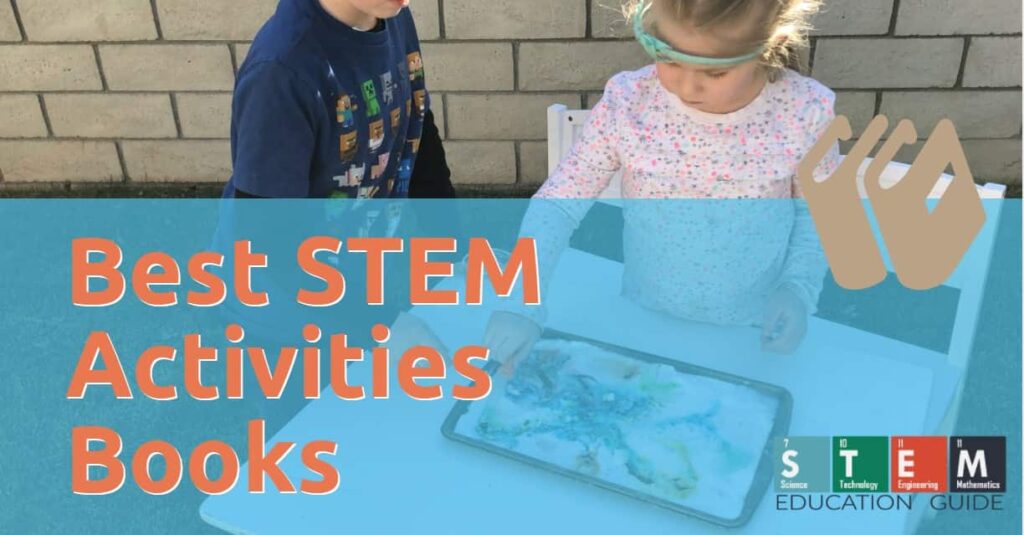
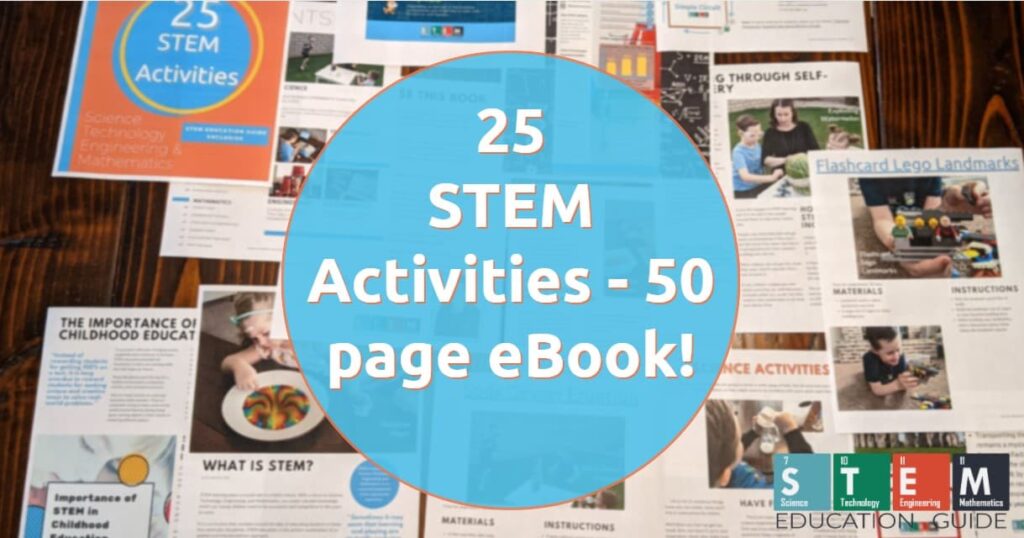
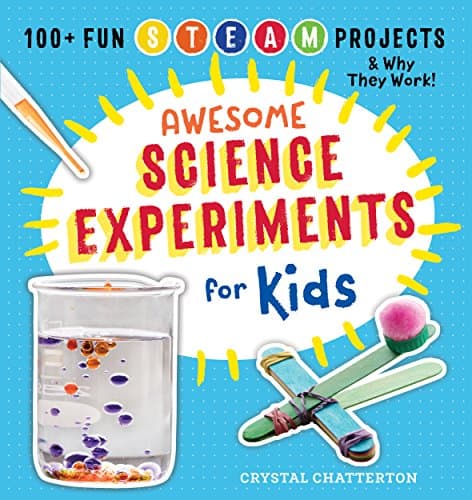
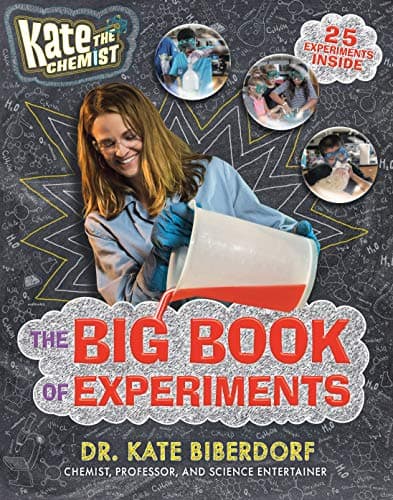
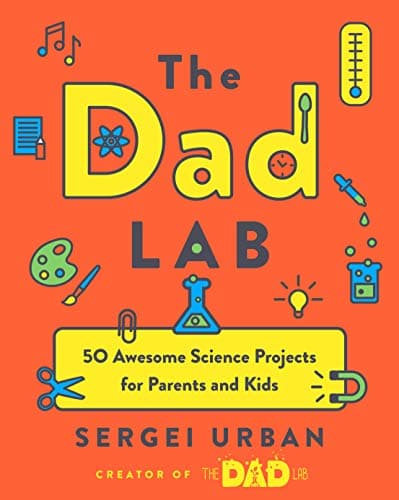
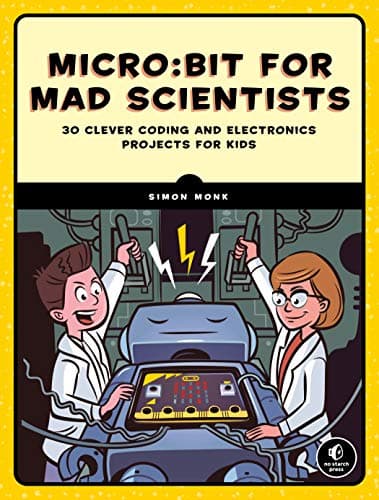
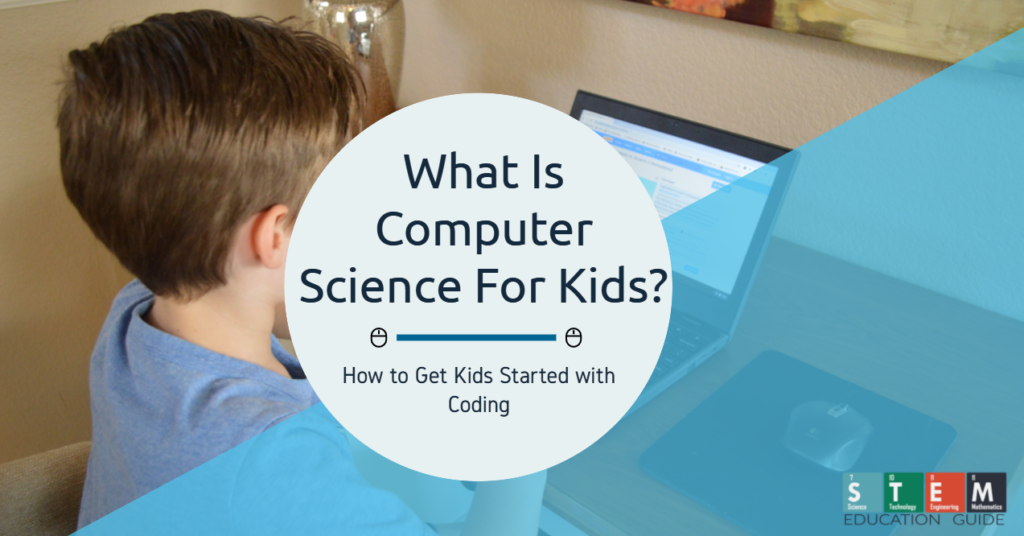
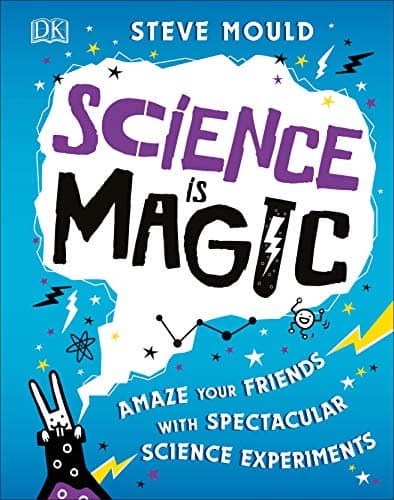
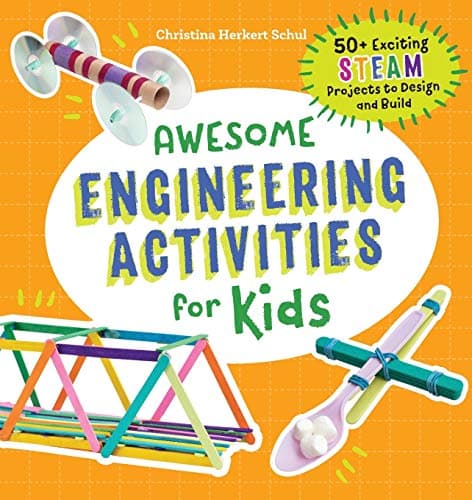
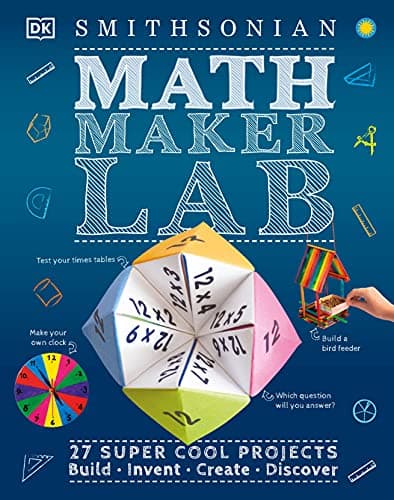
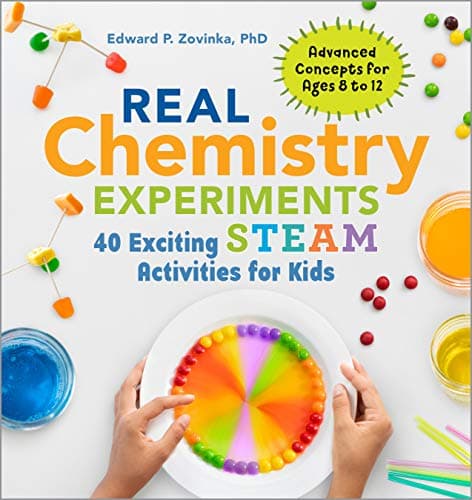
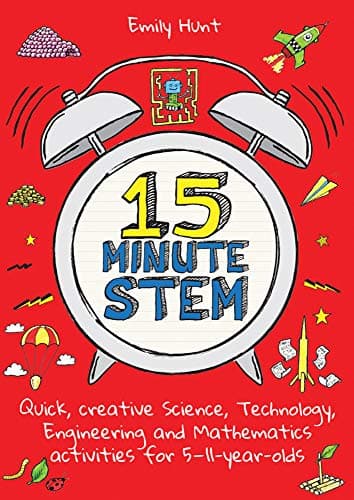
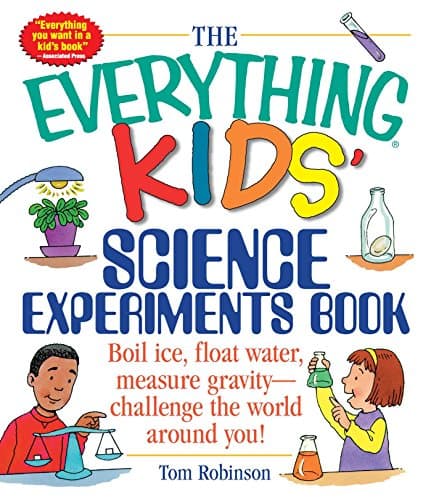
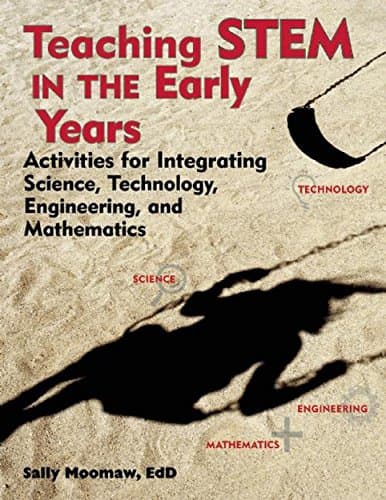
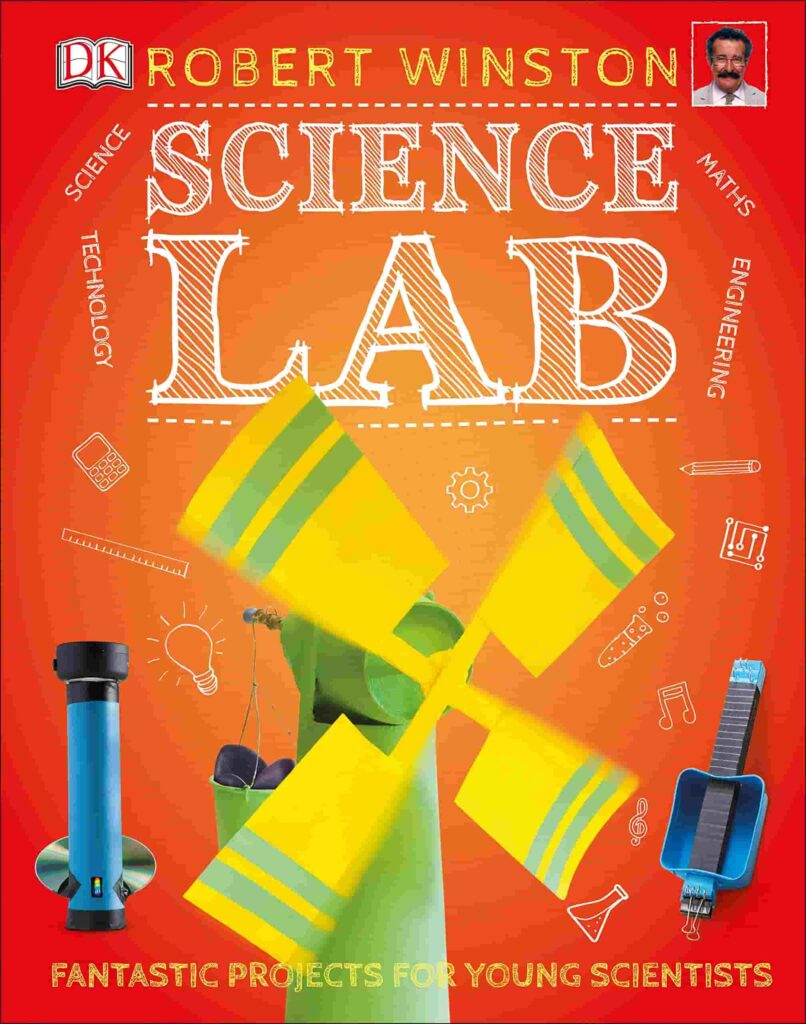
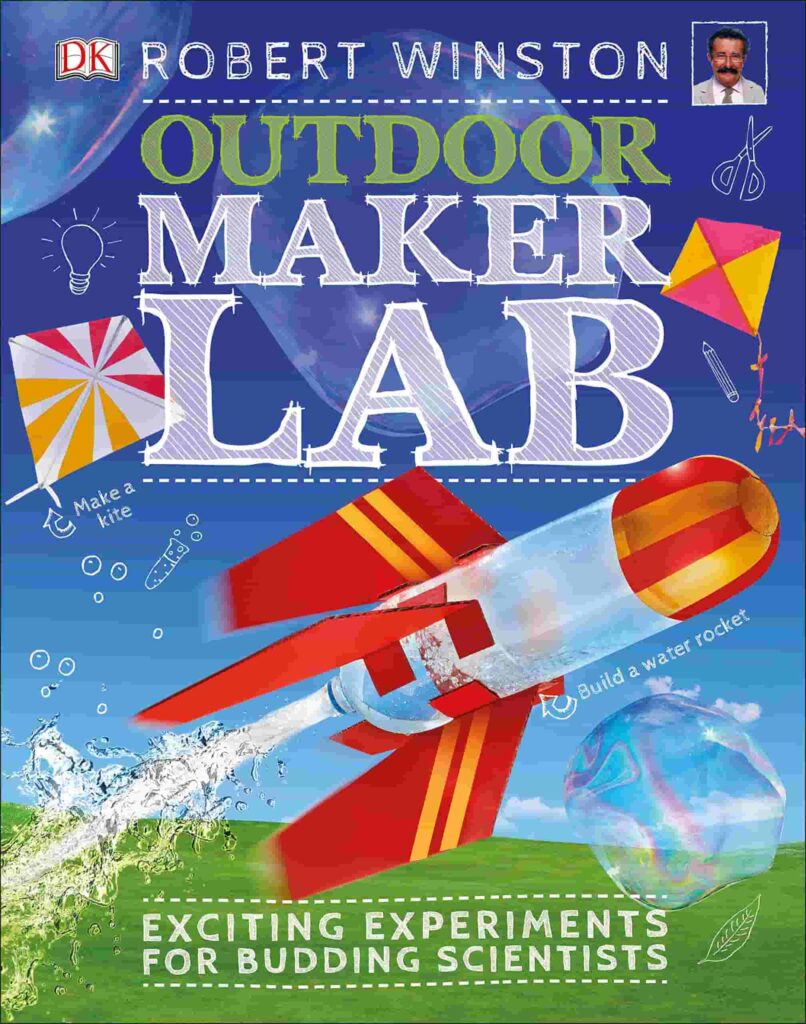
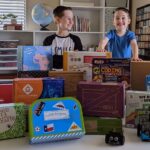


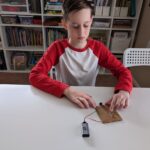

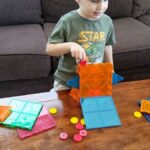

Thanks for the resources, Krystal! Fun stuff!
Arthur B